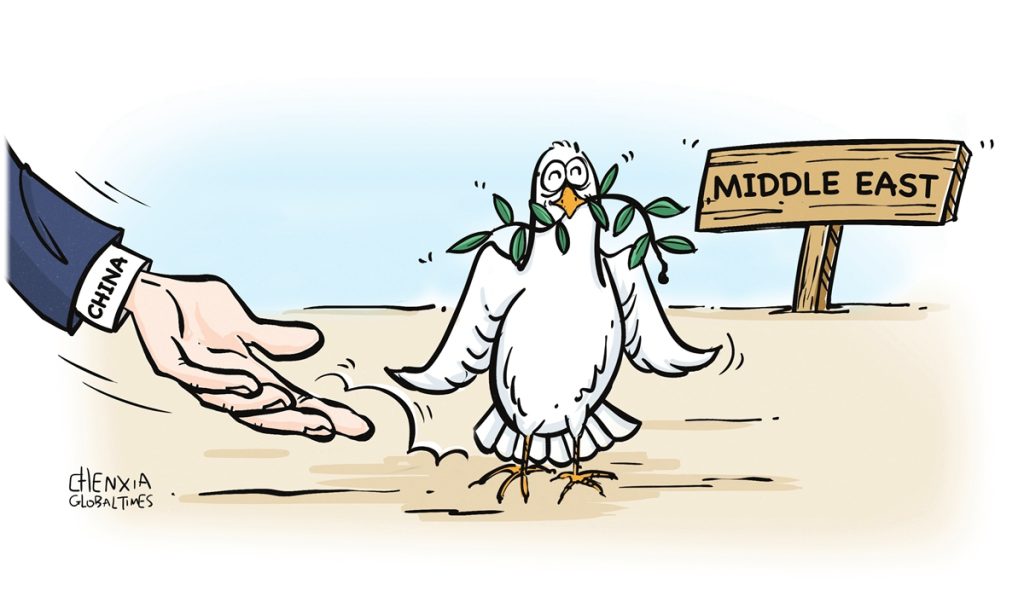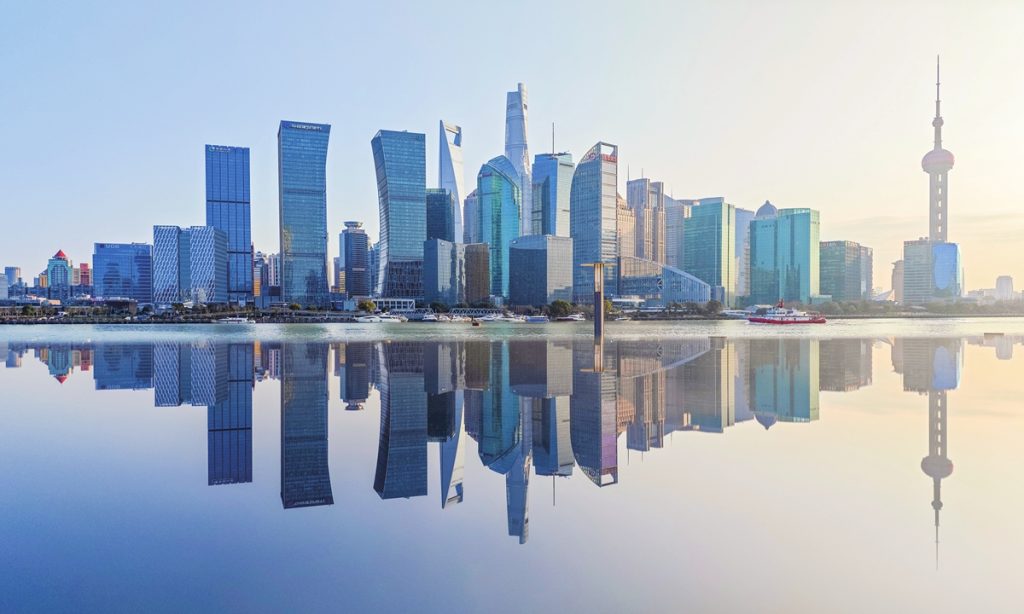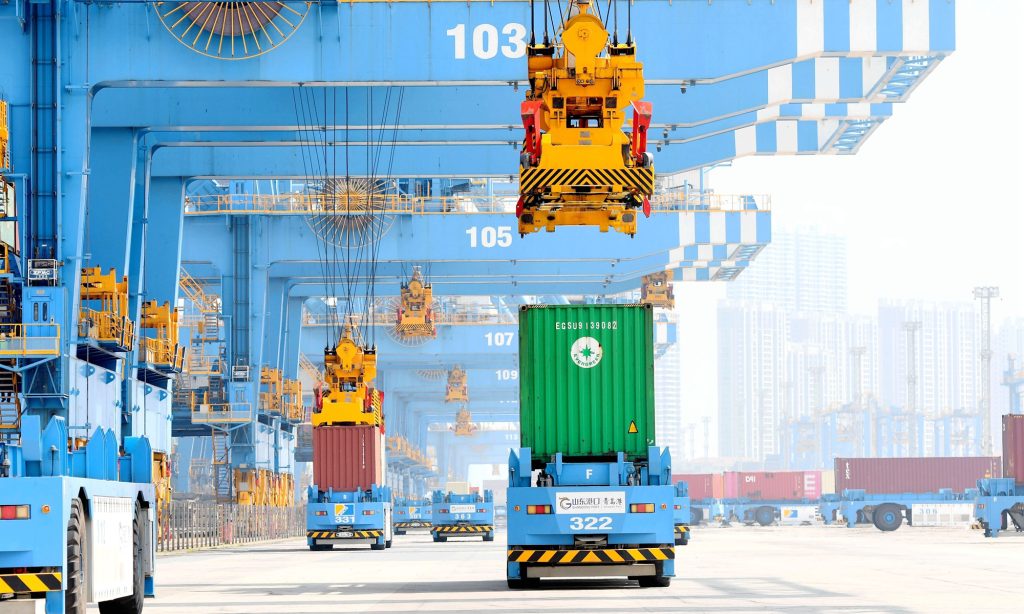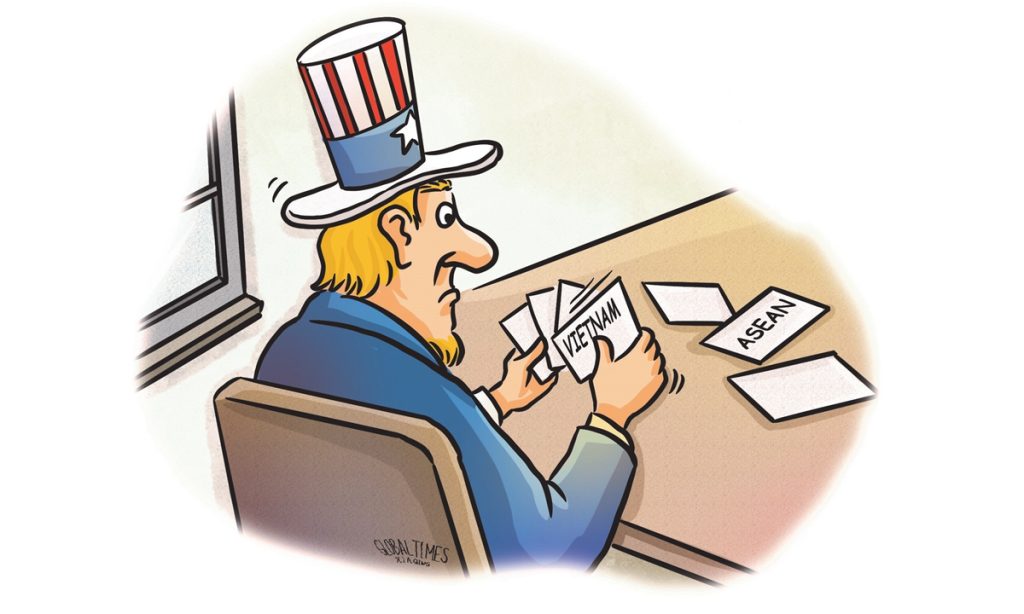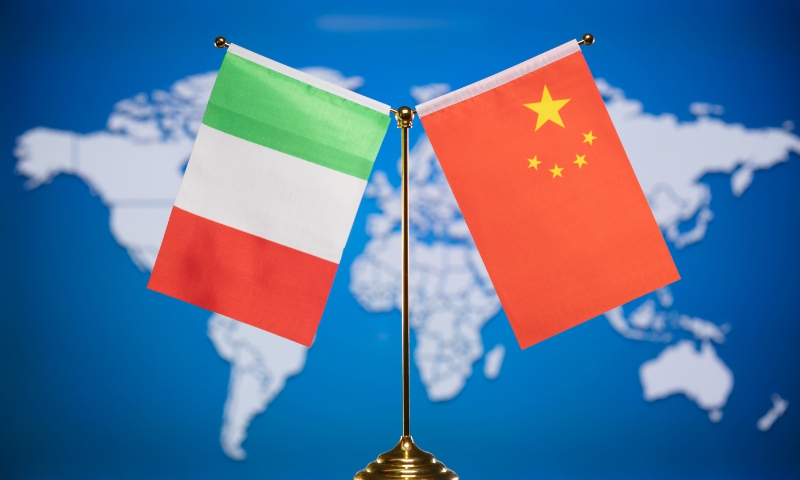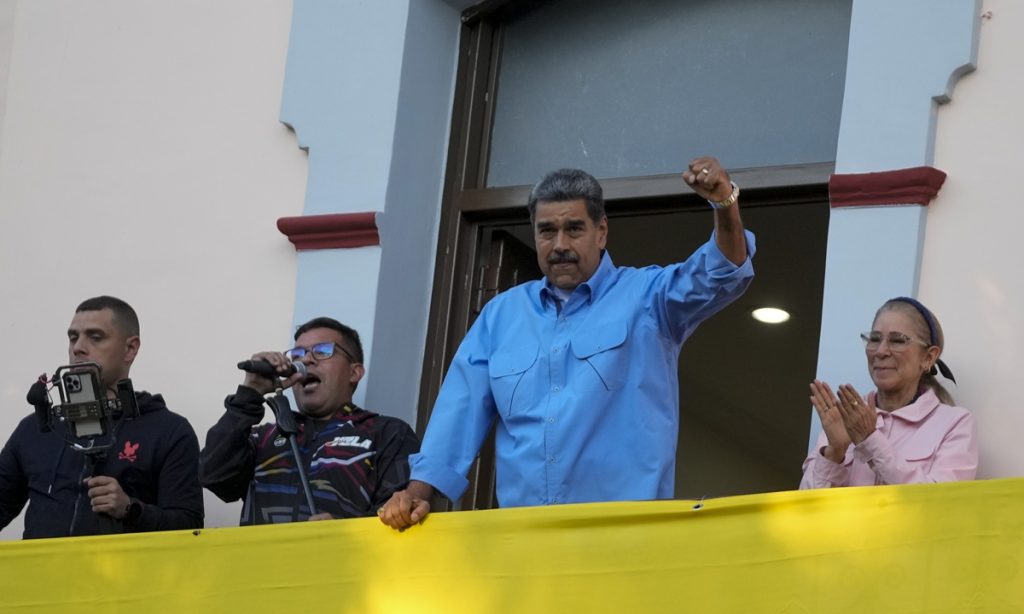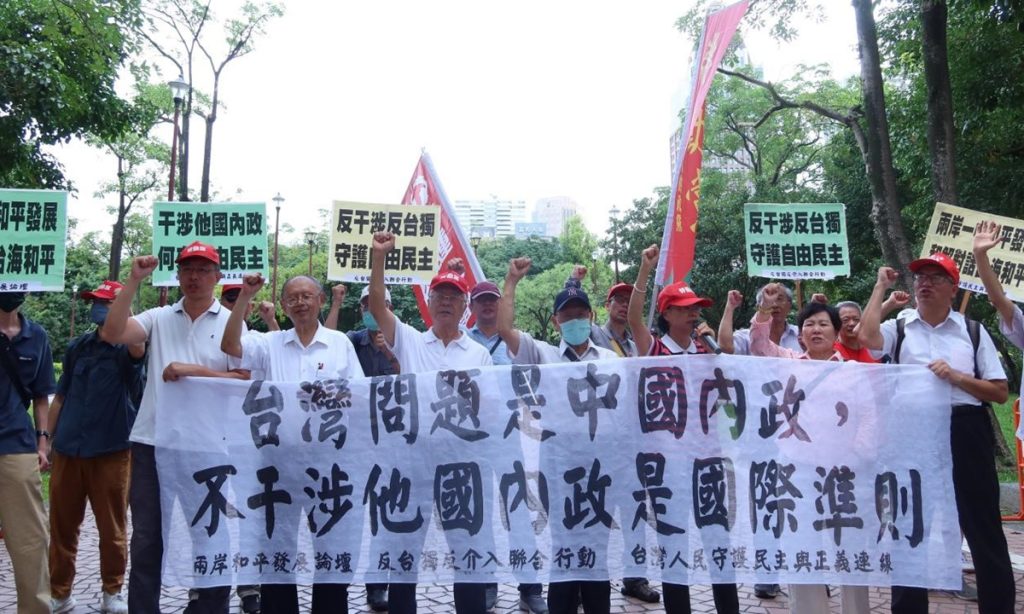Exclusive: ITA confirms media reports led to extra tests on Chinese swimmers

In response to the recent anti-doping tests controversies, the International Testing Agency (ITA) told the Global Times that recent media reports on Chinese Aquatics is part of the reason that led to additional testing on Chinese swimmers ahead of the 2024 Paris Olympic Games.
The ITA also expressed gratitude toward athletes for their cooperation and understanding, and said that their contribution to clean sport is fundamental and promotes fair play as well as the Olympic values.
Since April, the New York Times continually sought to hype a 2021 incident in which 23 Chinese swimmers tested positive for trimetazidine (TMZ) due to inadvertent contamination. Despite the World Anti-Doping Agency (WADA) having defended Chinese athletes' cleanness, Chinese Olympic swimmers were found to be the most tested athletes in the lead-up to the Paris Olympics with an average of 21 anti-doping tests each - almost four times as many as their US counterparts.
Conversely, US Anti-Doping Agency (USADA) has allowed American track and field athlete Erriyon Knighton to compete at the Paris Olympics even after he was tested positive for the trenbolone on March 26. USADA attributed the result to meat contamination despite trenbolone not frequently found as a contaminant in meat products.
On August 8, the China Anti-Doping Agency (CHINADA) called for an independent investigation into USADA's misconduct and intensified testing on US track and field athletics and efforts to rebuild global trust in fair competition, after WADA on August 7 exposed a scheme that allowed US athletes who had committed doping violations to compete without sanctions for years.
In an email to the Global Times on Saturday, the ITA did not directly respond to questions as to whether the agency will increase anti-doping tests and monitoring of US athletes, it clarified the excessive anti-doping tests for Chinese swimmers were part of its recent testing regime.
"The ITA establishes an objective risk assessment for each delegation and individual athlete based on the physiological risks of their sport (swimming in general is considered a high-risk sport), historical data (previous anti-doping rule violations), performance, scientific factors (ie. the Athlete Biological Passport) and data analysis (statistics and probabilities), and any information and intelligence that the ITA might obtain."
This process is objective, free from any conflict of interest and is applied to all athletes from all countries in the same way.
In addition, larger country delegations are naturally tested more due to the larger number of athletes representing those National Olympic Committees. Delegations with higher chances of medals may also be tested more in order to "protect the podiums."
The ITA also said that "recent media reports on Chinese Aquatics have also led to additional testing ahead of the Games."
"The Chinese swimming team was also extensively tested ahead of the Games in China and in France by the CHINADA," the ITA told the Global Times.
"We wish to thank all athletes for their cooperation and understanding that anti-doping controls are part of being an international-level athlete and competing at the Olympic Games. Their contribution to clean sport is fundamental and promotes fair play as well as the Olympic values," ITA said.
A Beijing-based sports commentator told the Global Times on the condition of anonymity that the US has politicized and weaponized anti-doping tests to tarnish China's image and disrupt the Chinese athletes' preparations. And it cannot be ruled out that the ITA has also come under some pressure from the US.
"There is still a long way to go before Chinese athletes are treated as equals in world sport," the commentator said, "and it is important to fight for it, we must protect our own rights."
Team China has won 12 medals in the pool in Paris, double the total in Tokyo. The two gold medals in the men's 100m freestyle and men's 4x100-meter medley relay were one of the most significant breakthroughs. China's Olympic delegation for Paris 2024 has also achieved the goal of "zero occurrence" of doping.
Despite the US intention to harass Chinese athletes, their tactics turned out to be the best endorsement of Team China's performance, the commentator added.
